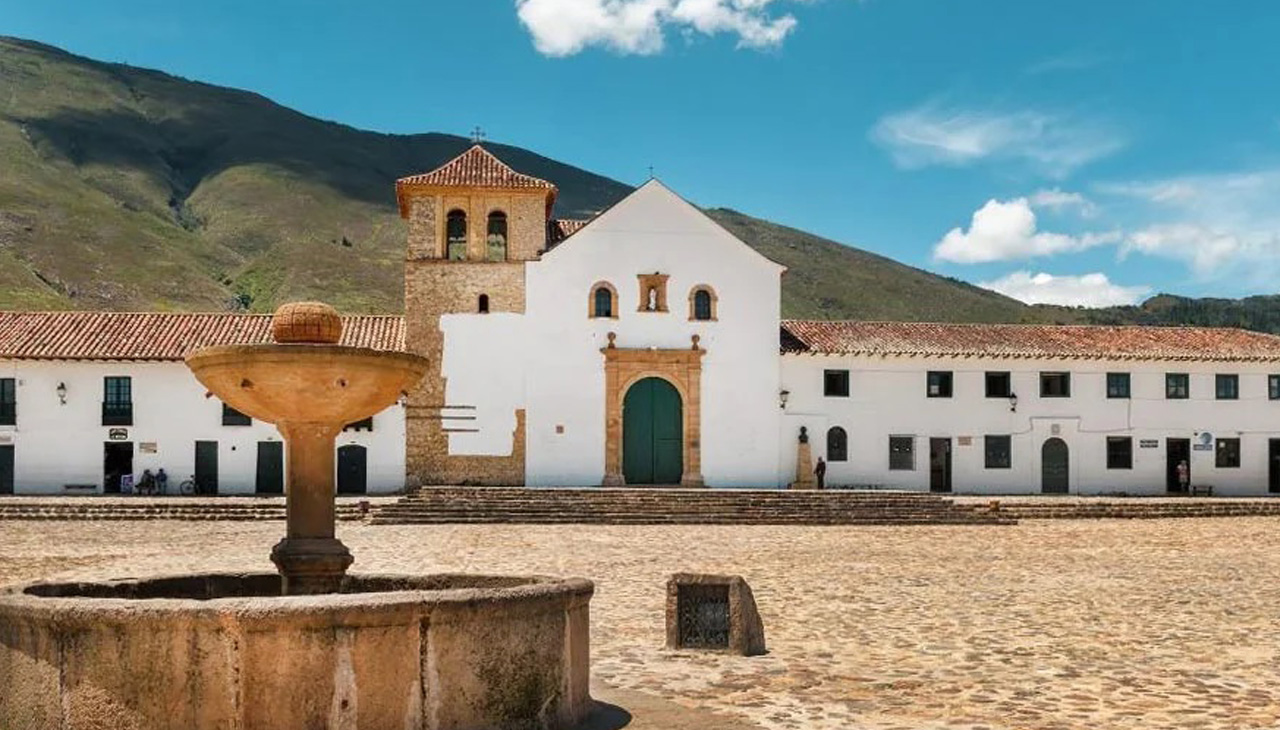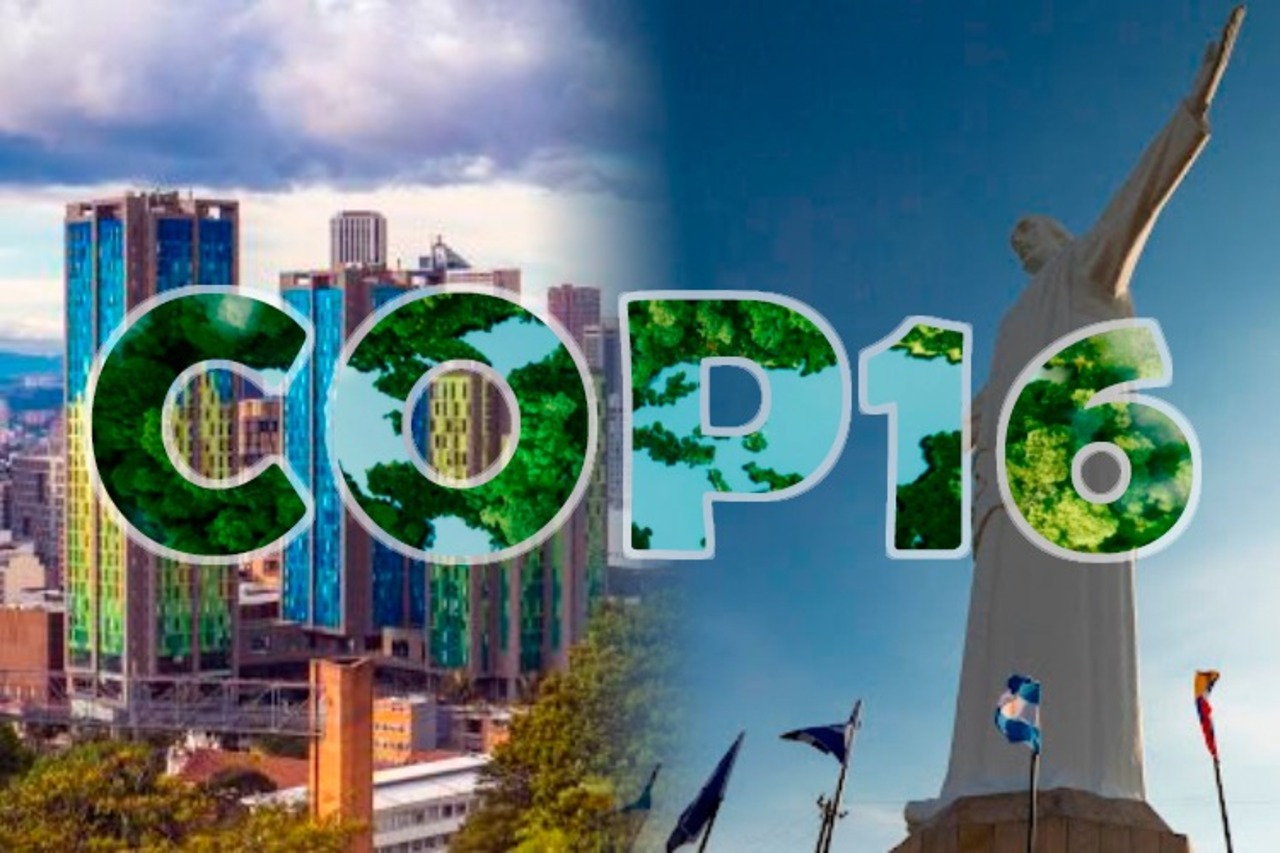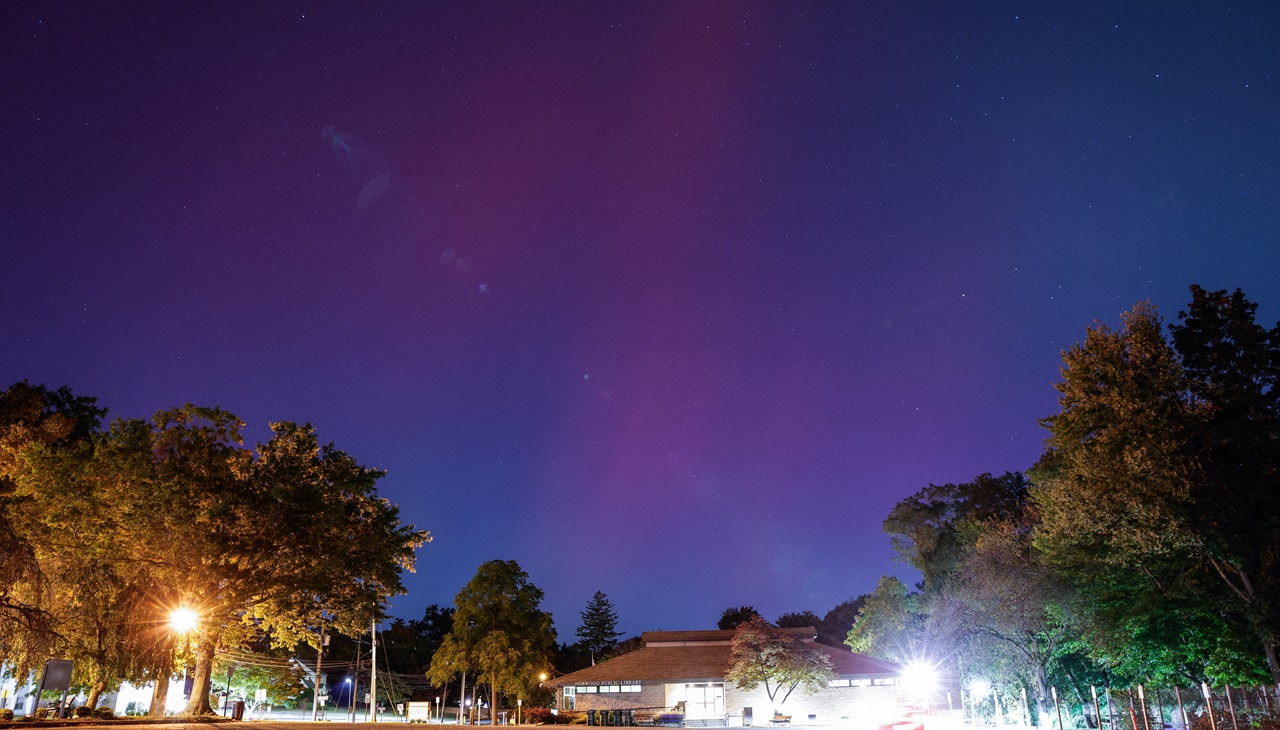
Latin America maintains a strong presence at the San Sebastian Festival
The 69th edition of the San Sebastian Festival opens on Friday, Sept. 17, and Latin America is seen across many categories.
Despite the difficulties caused by the COVID-19 pandemic, which has kept many Latin American productions at a standstill, some of the most interesting films produced in recent times are coming to the San Sebastian Festival from the other side of the pond.
This year, the San Sebastian International Film Festival celebrates its 69th edition and despite the restrictions due to the pandemic, the festival maintains all its grandeur, with more than 500 screenings and other activities, such as industry forums, workshops and meetings.
This year's Latin American representatives will not only be in the "Horizontes Latinos" section, where 10 films are competing, but will also participate with two films in the "Official" section, four in "New Directors" and the "Official Competition" by Mariano Cohn and Gastón Duprat.
"I have the impression that next year may be the hatching of Latin cinema as it has been this year for European cinema. All that is there holding out has to come out soon," said the festival's director, José Luis Rebordinos.
This edition has two productions directed by Latin American women in the competition for the "Golden Shell." They are: Rescue Distance, by Peruvian Claudia Llosa, which features Spain's María Valverde and Argentina's Dolores Fonzi as the protagonists of a story about filial love that was a finalist for the Man Booker International in 2017, and Camila saldrá esta noche, by Argentina's Inés Barrionuevo, a story centered on the teenage world.
RELATED CONTENT
This year, in the "Horizontes Latinos" category, there are important names in the industry and 10 films will compete, among productions from Argentina, Mexico, Uruguay, Colombia, Brazil, Costa Rica, Panama and Chile. On Friday, Sept. 17, the section opens with Jesus Lopez, by Argentine Maximiliano Schonfeld.
Among the most outstanding titles are The Box, a Mexican production by Venezuelan Lorenzo Vigas; Noches en Fuego by Mexican Tatiana Huezo, which received a special mention in the Un Certain Regard section at Cannes; and Amparo, the first film by Colombian Simón Mesa Soto.
El empleado y el patrón by Uruguayan Manuel Nieto Zas; Aurora by Costa Rican Paz Fábrega, a film that puts surrogate motherhood in the spotlight, are also two to look forward to.
The following films will also be screened: Azor, by Swiss director Andreas Fontana; Madalena, by Brazilian director Madiano Marcheti, an exploration of transsexuality; Piedra Noche, by Argentinean director Iván Fund; and Una película de policías, by Mexican director Ruizpalacios.











LEAVE A COMMENT: